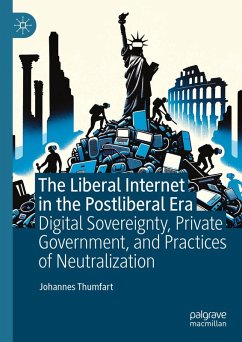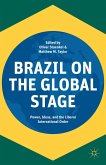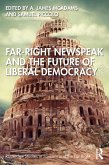This book tackles the important and timely question of how societies should address the post-liberal turn in our near-global digital informatization politics... it is a compelling and important piece of work, expertly executed, and embedded in a thorough understanding of relevant debates and developments. - Florian Schneider, Professor of Modern China, Leiden University
This book begins with an examination of the internet as a central institution of the post-Cold War liberal order. From this starting point, Johannes Thumfart analyzes the contemporary rise of digital sovereignty in Asia and Europe, alongside the establishment of private government within digital networks. He interprets these phenomena as indications of an emerging postliberal era. Thumfart engages with a wide array of empirical research and assesses liberal ideals such as state and net neutrality by discussing thinkers like Hegel, Schmitt, Mouffe, Taylor, Sandel, Fukuyama, Anderson, Jasanoff, and Girard, as well as network and rational choice theories. He contends that the internet's reification of liberal values has, paradoxically, subverted these values and catalyzed the transition to postliberalism. Thumfart suggests that instead of adhering to the traditional liberal focus on neutrality, states should adopt the more flexible approach of neutralization to respond to the complexities of this digital and postliberal era.
Johannes Thumfart works at the intersection of STS and security studies, political philosophy, international law, and intellectual history. He is a fellow at the research group Law, Science, Technology, and Society (LSTS) at Vrije Universiteit Brussel. His research has been published in the Journal of Global Security Studies, Global Studies Quarterly, Grotiana, and AI and Ethics.
Dieser Download kann aus rechtlichen Gründen nur mit Rechnungsadresse in A, B, BG, CY, CZ, D, DK, EW, E, FIN, F, GR, HR, H, IRL, I, LT, L, LR, M, NL, PL, P, R, S, SLO, SK ausgeliefert werden.









